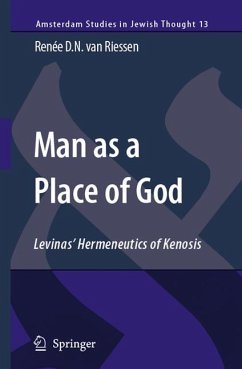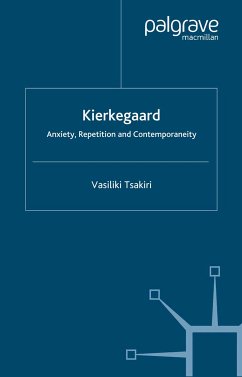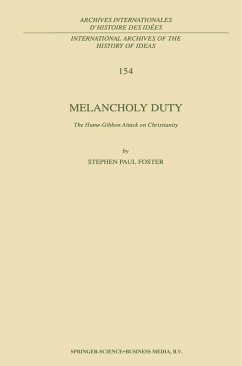
The Moral Life: Essays in Honour of John Cottingham (eBook, PDF)
Versandkostenfrei!
Sofort per Download lieferbar
40,95 €
inkl. MwSt.
Weitere Ausgaben:

PAYBACK Punkte
20 °P sammeln!
A collection of essays by leading philosophers on the work of John Cottingham, focussing on his work in moral philosophy, discussing themes from his contributions to the debate on partiality and impartiality, the role of the emotions in the good life and the meaning of the worthwhile life. Including a 'replies' chapter by John Cottingham.
Dieser Download kann aus rechtlichen Gründen nur mit Rechnungsadresse in A, B, BG, CY, CZ, D, DK, EW, E, FIN, F, GR, HR, H, IRL, I, LT, L, LR, M, NL, PL, P, R, S, SLO, SK ausgeliefert werden.












